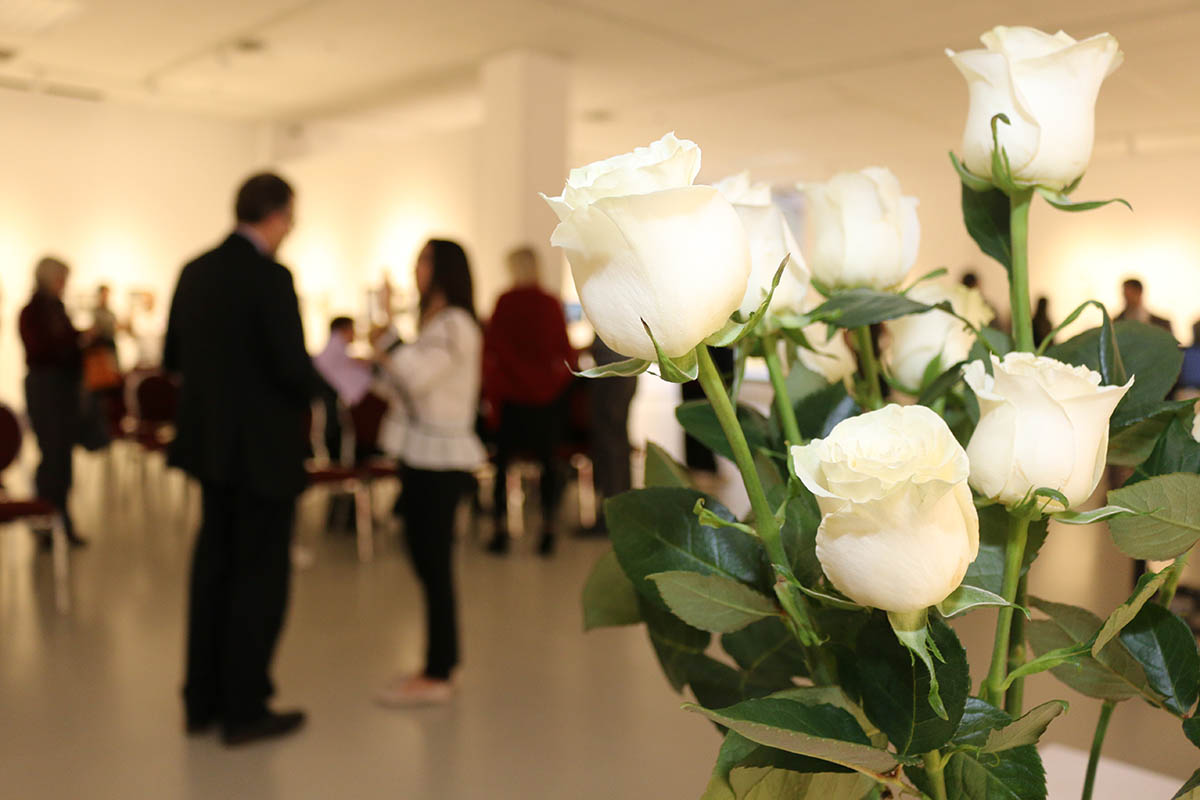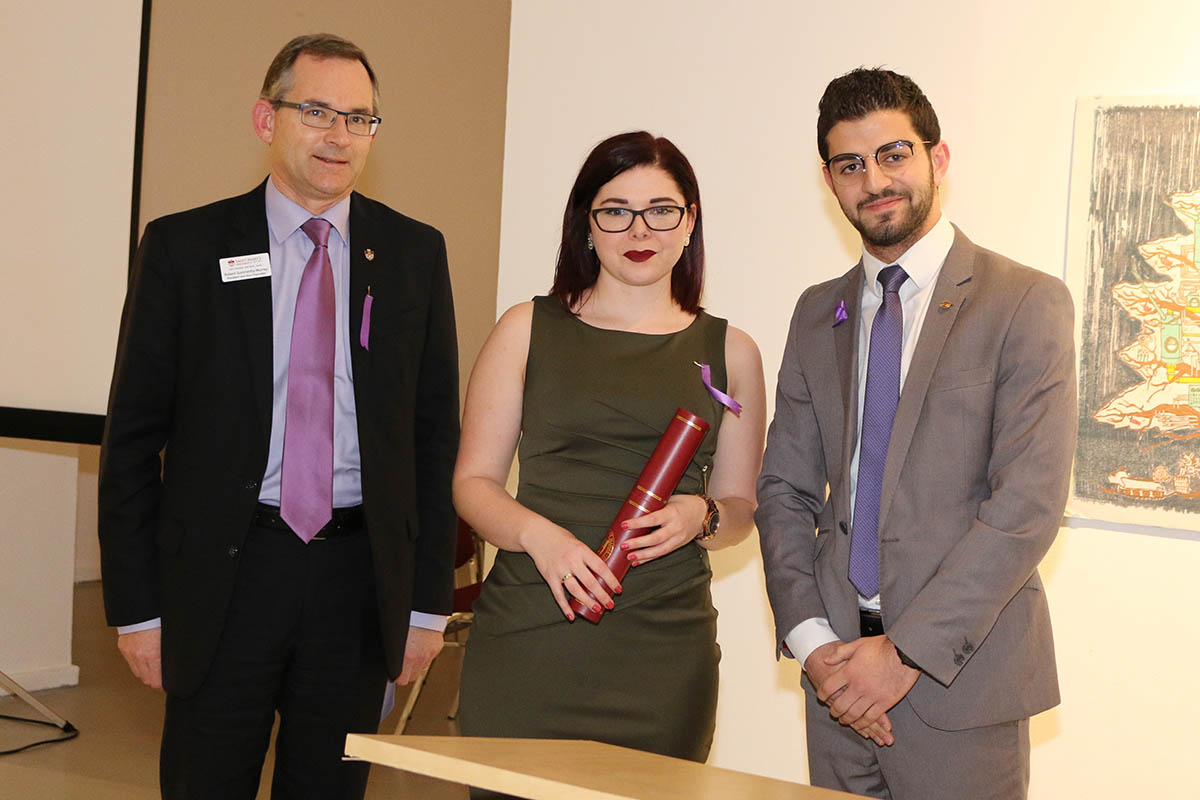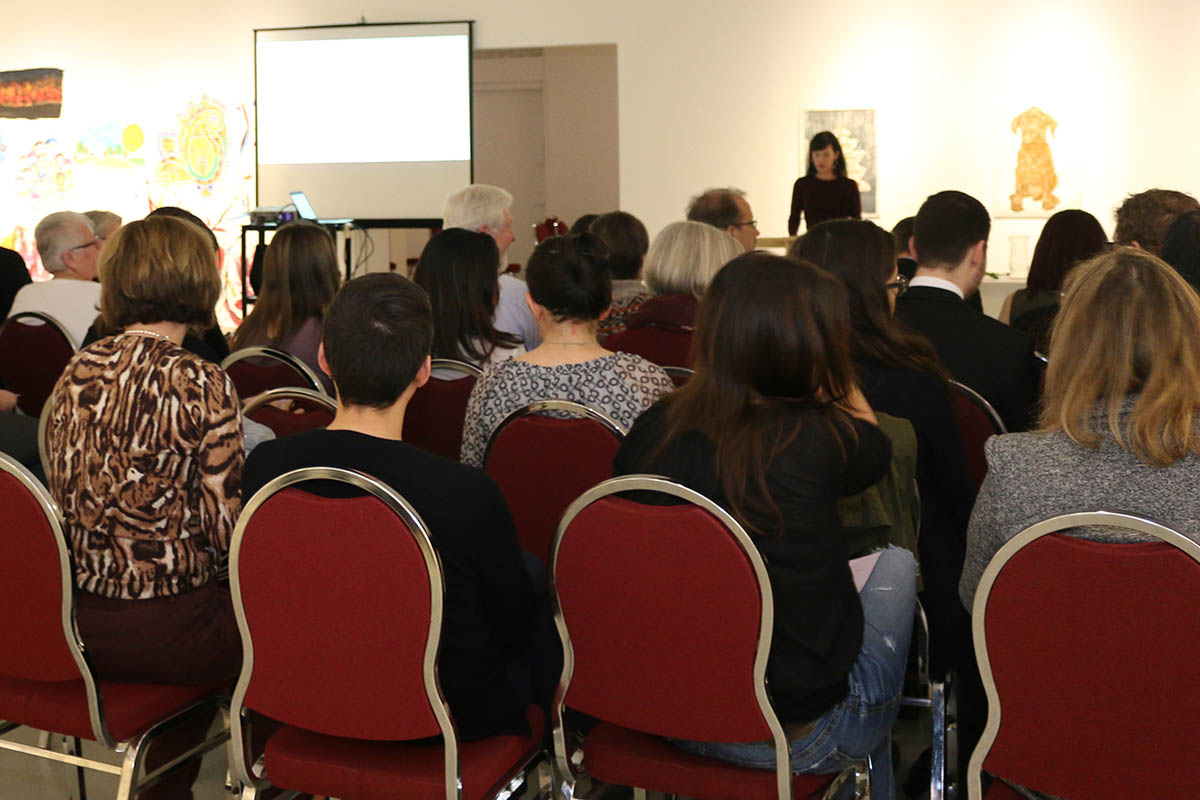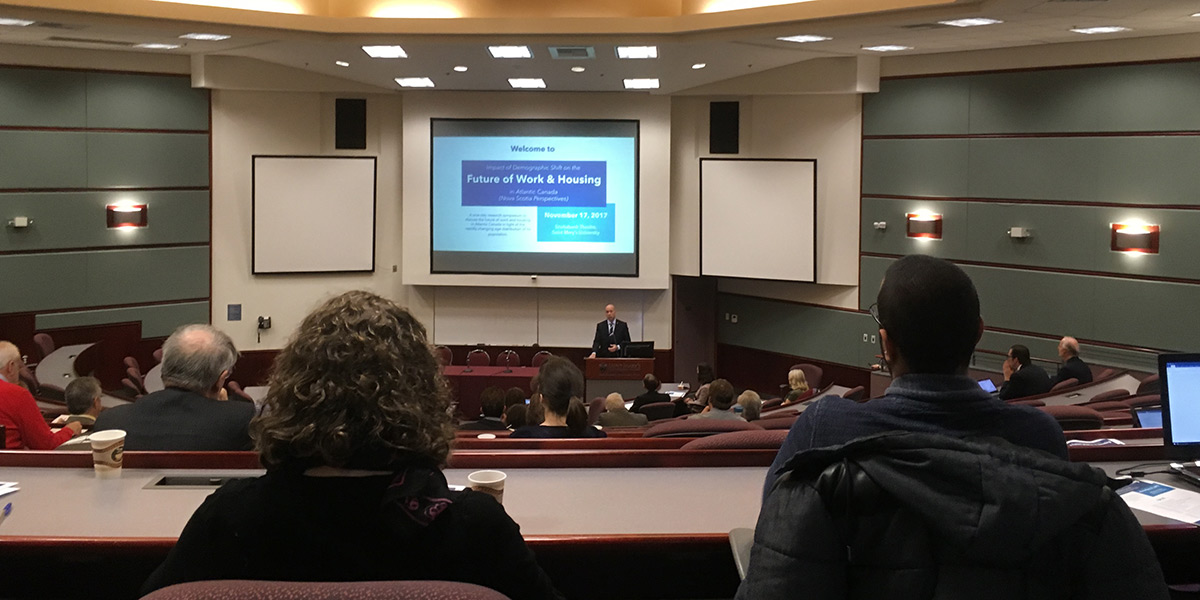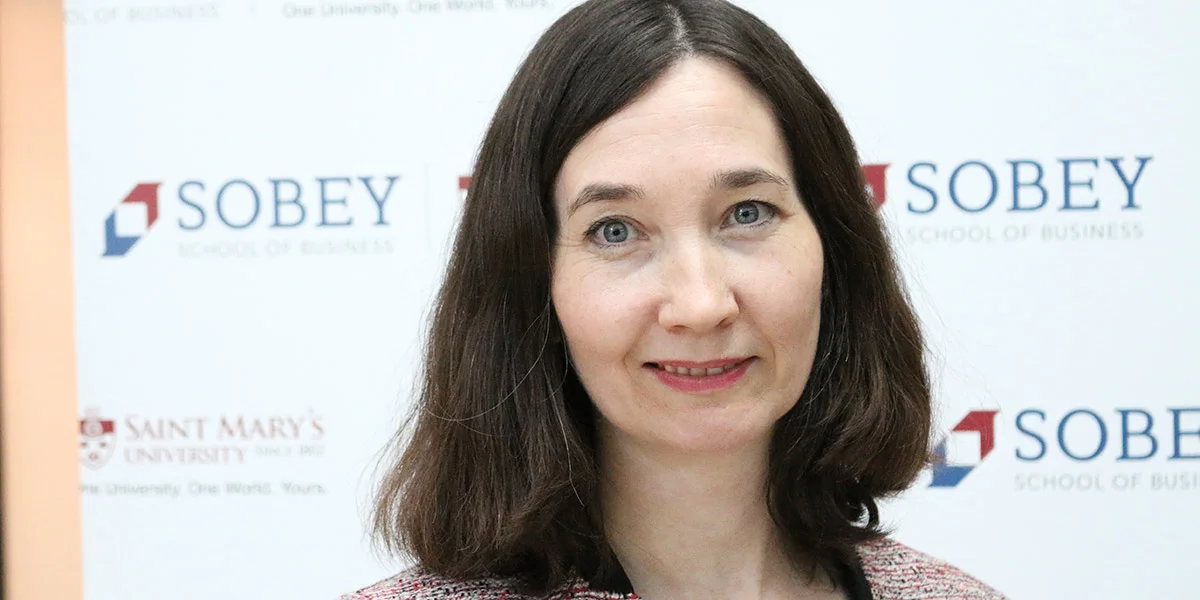Carlie Nugent, student-athlete and SAMHI member; Scott Gray, Director of Athletics & Recreation; and Brent Martindale, student-athlete and SAMHI member.
Staying mentally healthy during the university years is important – not only when it comes to academic achievement, but also when it comes to athletic success and playing an active role in the community.
With one in five Canadians living with mental illness, the student-athletes at Saint Mary’s University are leading the charge on gaining the knowledge and understanding to best support themselves, their teammates and their university community.
“The mental health and wellbeing of our entire athletics community are incredibly important to us at Saint Mary’s,” said Scott Gray, Saint Mary’s University’s Director of Athletics & Recreation. “We know that student-athletes are incredibly busy and can be a vulnerable population for mental health concerns. That is why we offer many on-campus supports including some great student-lead initiatives.”
A great example of this leadership is demonstrated through the Student-Athlete Mental Health Initiative (SAMHI). SAMHI is a country-wide charitable organization dedicated to promoting wellness and mental health. The organization also supports student-athletes who may suffer from mental health concerns or illness.
At Saint Mary’s, student-athletes use the SAMHI model to help their community access resources, increase supportive conversations and get trained on evidence-based educational modules. Currently in its second year on campus, the group also leads fundraising efforts and hosts mental health-related events.
“Having an initiative like SAMHI on campus has allowed students to come together and create a community in which we can talk to each other about the problems we face,” said Carlie Nugent, a fifth-year student-athlete at Saint Mary’s. “We aren’t doctors or counsellors, but we have been trained on how to listen effectively and be better teammates on and off the court.”
Nugent says that by taking the little steps to support each other on campus, the university is making a real change.
“People need to know that they don’t have to suffer in silence,” continued Nugent. “There is always someone willing to listen.”






